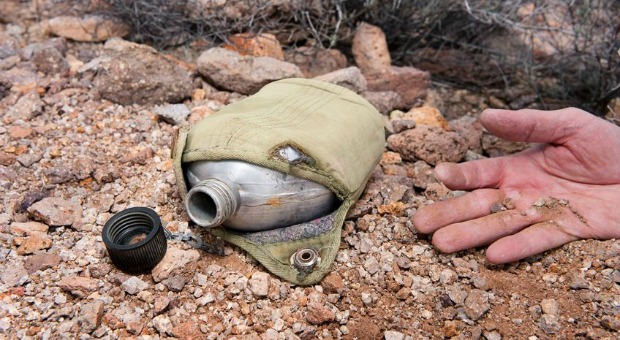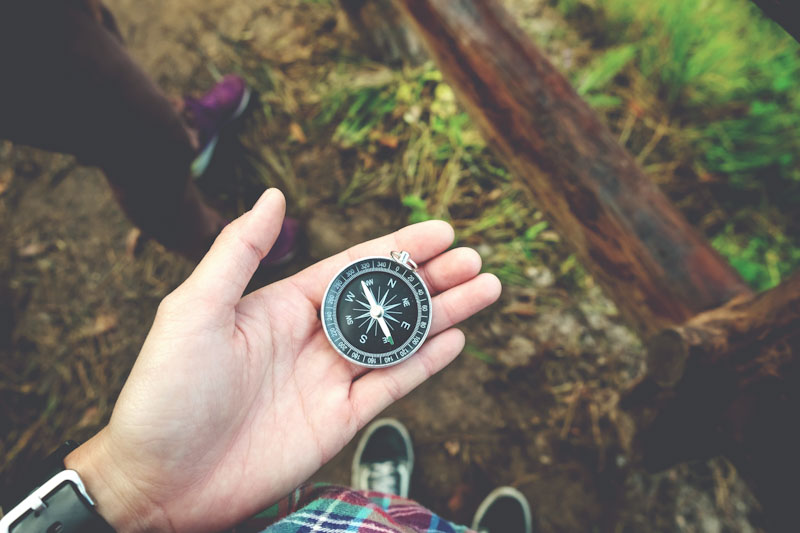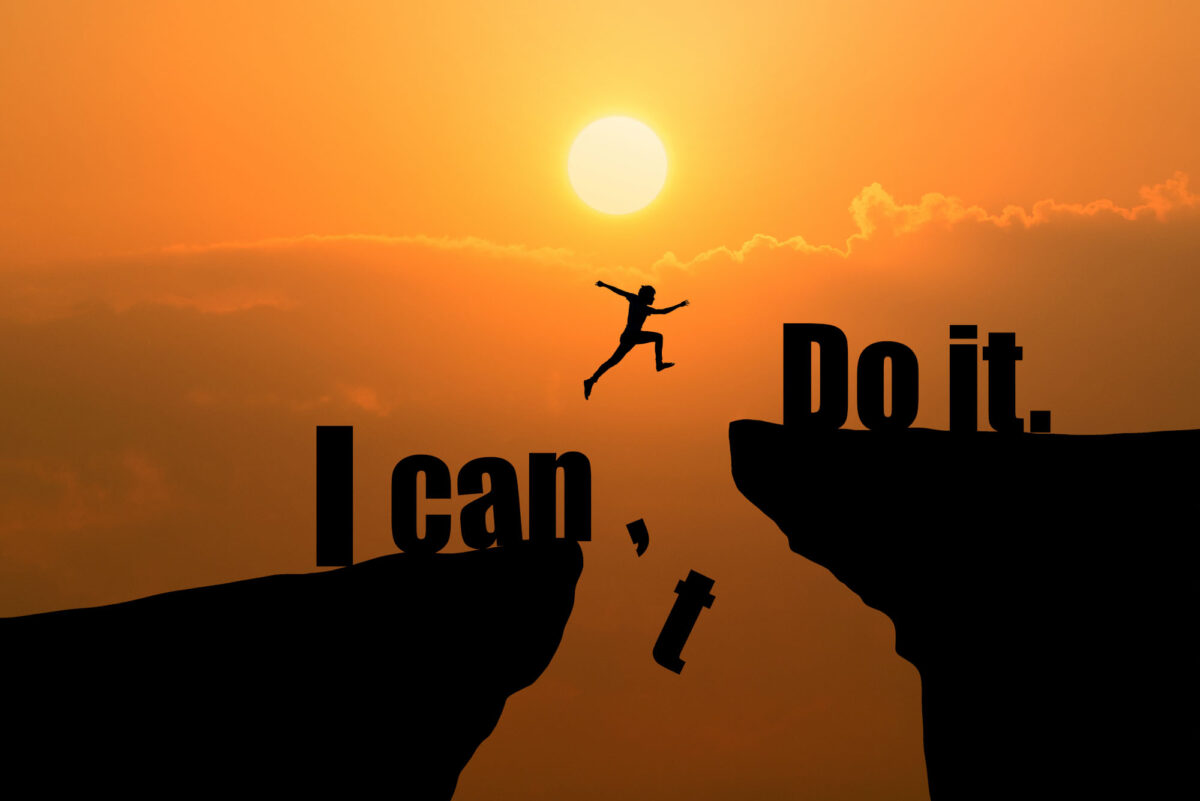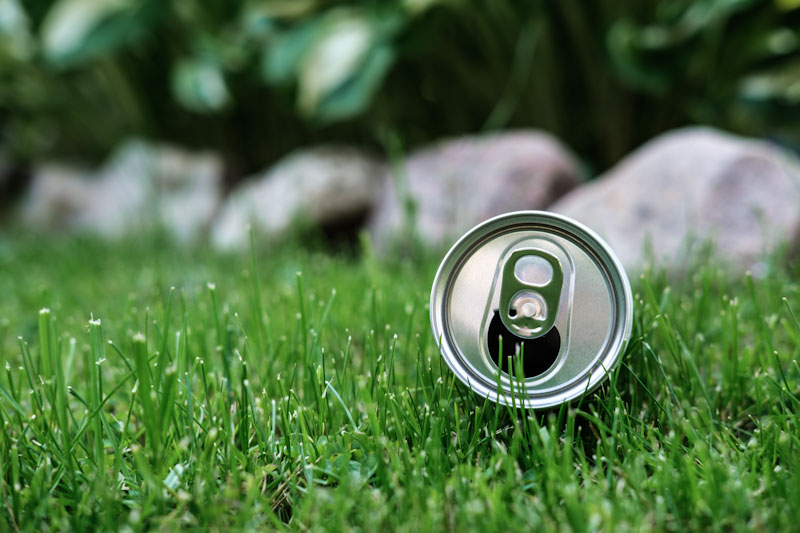I remember taking a survival test some time back.
They asked me about my preps, and based upon that, the test decided that I would be able to survive six months if everything went to pot.
While taking it was an interesting exercise, I really don’t put much stock in such online tests, especially when you consider that they are based upon the ideas of whoever created the test.
We should all take the time to analyze our family situation, our preps and our skills and take a guess on how long we will survive. Then, once we’ve done that, we should ask ourselves a very important question: “What do I need to do to make it so that I can survive longer?”
Keep reading to see how to answer this question!
The thing is, there are several different ways of surviving, not just one. So, while I might not meet all the requirements of their test, I might survive just fine. Likewise, meeting all the requirements that they laid out doesn’t guarantee my survival, as there are always unforeseen factors that affect our survival.
The basic premise of the test, that of determining how long we can survive if the brown stuff hits the rotary air movement device, is a valid one.
Nothing is promised to us. We don’t really know what sort of disaster we might find ourselves having to live though, nor do we have any real idea of how long it will take for things to return to some semblance of normal. So we have to prepare for the worst.
That means a disaster that takes out our entire infrastructure and supply chain and is bad enough that they can’t be rebuilt. In other words, a situation where we are forced to survive on our wits, our knowledge and our preps, for the rest of our lives.
3 Second SEAL Test Will Tell You If You’ll Survive A SHTF Situation
Understand Your Priorities
Survival is about meeting your body’s needs. If you succeed in meeting them, you’ll survive. If not… well, we won’t go there. So, we must be prepared to survive, no matter what. That means meeting the basic survival priorities of:
- Maintaining body heat
- Clean water
- Food
In addition, we have to consider a few other areas:
- Self-defense
- First-aid
- Starting a fire
We’ve all heard the “Rule of 3s” sometime or other. You know, you can only survive 3 minutes without oxygen, 3 hours without shelter, 3 days without water and 30 days without food. Some people leave that first one off, but this is the basic rule. Why is it so important? Because it shows us what our priorities are in any survival situation.
Survival stockpiles, survival kits, survival caches and bug out bags are all developed with those needs in mind.
Countless books and articles have been written, showing the importance of fulfilling those needs and how to build a stockpile, bug out bag or whatever to meet them. I won’t dispute that list at all, because I know it to be true. But what I will dispute is depending on a stockpile to give them to you. Having a stash is not enough unless you know how to use it right.
So, What Do You Need?
There are three basic things you need to survive. No, I’m not talking about heat, water and food. I’m talking in much greater generalities. The three things I’m talking about take into account much more than just a stockpile or a short-term survival situation. They are what you need to survive for the rest of your life.
- Skills & Knowledge
- Tools
- Supplies
While all three of those general areas are touched on by preppers, it is the third one that actually receives the most attention. That’s mostly due to the fact that we live in a society in which we are accustomed to buying everything we need. So we tend to look at survival the same way and buy whatever we need.
That idea works for a while, but you can’t depend on it for the rest of your life. I don’t care how big your stockpile is, eventually it will run out. When that happens, you’ll either have to have another means of keeping yourself alive, or you’ll die; plain and simple.
Don’t get me wrong, I’m not saying that you shouldn’t stockpile supplies. What I’m saying is that you shouldn’t JUST stockpile supplies. Doing so puts you on a clock and none of us want that clock to wind down to the end.
Which One is the Most Important?
Of those three general areas, which one is the most important?
Don’t answer me just yet. For you see, how you answer that question will say a lot about your own ability to survive. It will also give a pretty good indication about how long you’ve been a prepper.
We pretty much all start out our survival journey by building a stockpile of supplies. This is the stereotypical first trip to Costco or Sam’s Club to buy 50 pounds of rice and 50 pounds of beans. Once we start along that road, we continue stockpiling, adding depth and breadth to our food supplies and even adding other needs besides food.
There’s nothing wrong with that. Having supplies on hand is a great way to get through the beginning of any disaster or disaster recovery. But how many supplies are you going to stockpile? When will you have enough? To be honest, you never will. As I already said, if your survival is dependent on those supplies, you will die shortly after eating the last of your food and drinking the last of your water.
That’s why knowledge trumps the list of priorities. Supplies can run out, but knowledge can be used over and over again.
Let me give you a simple example.
Let’s say you’re in a grid down situation and so you’re using wood to heat your home. In such a case, you’ve got the wood itself, that’s supplies. You’ve got a fireplace or wood-burning stove, that’s your tools. Finally, you know how to start a fire, that’s your skills and knowledge. Okay, how long can you survive? Once again, only till your supplies, in this case the firewood, runs out.
The obvious solution in this case is to cut some more firewood, so you can continue heating your home. But do you know how to cut firewood? Do you know how the different types of wood will burn? Do you have an axe or saw to cut it with? Do you have any idea of how long it needs to season, before you can burn it? Yes, something as simple as cutting firewood is actually quite complex, if you don’t have the necessary tools and knowledge.
On the other hand, a person who has enough skills and knowledge can usually make the necessary tools to come up with the supplies that they need. Maybe their tools won’t be the same as the tools you can buy in the store, but they will fulfill the need.
You’ve probably seen some survival show where the “expert” is dumped on a deserted beach (or other location) with nothing more than their clothes and their wits. Using nothing more than what they can find wherever they are, they are expected to not only survive, but entertain the audience with explanations and stories about how some piece of trash they find is going to save their life.
Granted, that’s television, but it’s at least based upon reality. In this case, the reality is that the survival instructor in the show is actually finding ways of using trash to make whatever they need to have in order to survive. They don’t have anything but their knowledge and wits to get by on, and they succeed.
Build Your Knowledge Base
This is where that test I took failed. It was based upon my stockpile, my vegetable garden and my chicken coop (as well as other preps); but totally failed to take into consideration my knowledge. As such, it gave me much less time to live, than what I actually could.
Knowledge trumps everything else when it comes to survival. Granted, you need the right sort of knowledge, as a PhD in marketing won’t help you survive. In fact, the things you need to know won’t be taught in any college I’ve seen.
More than anything, the knowledge you need for long-term survival breaks down into two basic categories:
- Growing, hunting or gathering food and water
- Making and repairing things
The first of those two will keep you fed, with plenty of water and if we extend it a little, might even keep you warm. But you won’t really advance. You’ll be stuck living as if you were in the 18th century, with a few small exceptions.
On the other hand, the ability to make and repair things will provide you with the possibility of restoring your life to something that at least vaguely resembles modern life. No, you probably won’t be able to restore the internet or cable television, but you will be able to do a lot.
More than anything, it will give you the ability to make the tools you need, in order to keep yourself warm, fed and with plenty of clean water.
Now, after reading all these, do you know how long will you survive?
Click the banner below and find out!
This article has been written by Bill White for Survivopedia.











Guy | May 9, 2017
|
Knowledge doesn’t have to be just in your head or in the head of someone in your group. Knowledge can be written in books and stored in computer files, such as PDF files. Books are the best for knowledge storage because you can read them anytime. Lets say you have 20 books on food, i.e gardening, food prep, food storage, composting, etc. You don’t need to read them until you need them. Yes, it’s better to garden right now, but books can be read by your children 20 years from now. Even if that is 20 years after the SHTF. PDF files on all sorts of subjects can be downloaded from the Internet for free. But not the same ones you can buy in paper books today. Now, if you have PDF files you better be able to recharge the batteries of the device you will read them with.
Dawn | May 11, 2017
|
Knowledge is King, without it you will not survive. Passing this knowledge on to others is the most important thing. No matter what your knowledge base is. Try and find people that are like minded and understand you. Nurses, doctors, farmers, carpenters, electricians etc, will all come in handy when SHTF. Make sure that you have enough supplies and medications for your family. If your able to add extra so that you can help others that’s great. Keep it under raps until your certain you can spare it. Talk to friends and family about having at least 2 weeks of stockpile at home, bringing it all together will make it last longer and go farther.